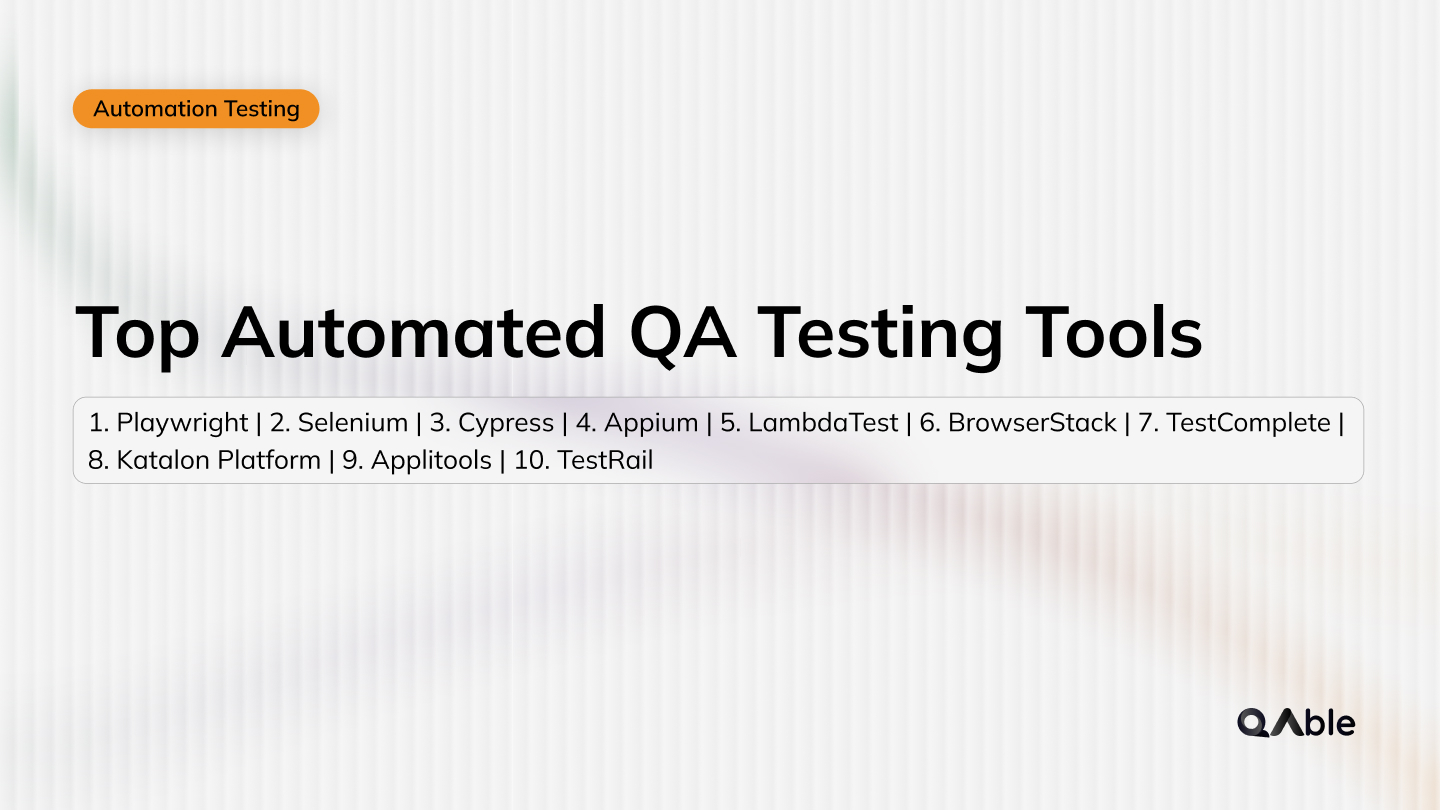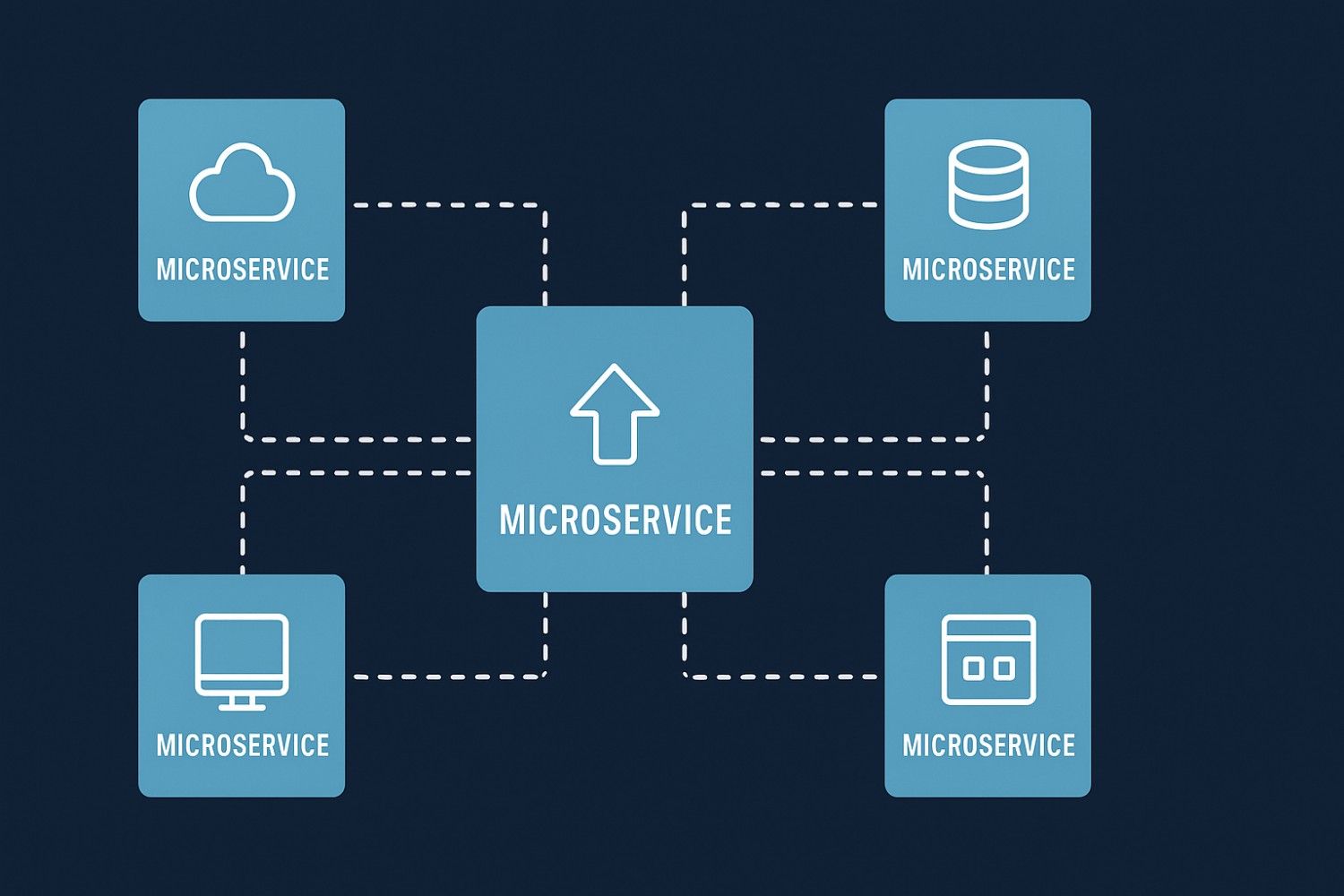Table of content
SHARE THIS ARTICLE
Is this blog hitting the mark?
Contact Us
We are living in the era of Startups. That’s right. The ripple has become a giant wave showing no signs of stopping. Startups are in the news all over the globe, each day.
When we talk about Tech-Startups, we often hear that millions and billions of dollars are being poured into such companies. It seems like there is no tomorrow and the investments keep flowing day and night to be a part of that “One” Startup that is supposed to revolutionize the whole world.
New products are being released to market every day with the promise of being the best in the whole tech industry.
We have so many options for everything these days. Whether you watch your favorite shows, book a cab, order food, or go on a vacation. Good news for everyone. Right?
It’s definitely true, but it does come with its own set of challenges.
No product is defect-free or flawless at any stage especially when it comes to products or services by the startups. Ensuring the software product or the application to work or perform as expected is a whole another story.
Every startup wants their product or service to shine. Well, that depends how well their product perform. This is where the Quality Assurance(QA) testers takes the center stage.
At the end of the day, a well tested product is what makes the end users experience great.
QA teams plays one of the key roles in making any product, a success story. Like all the other important components in a tech startup product, QA has its undisputed place.
Startups often face unique challenges in their QA testing efforts, given their limited resources, fast-paced development cycles, and constantly evolving requirements.
In this blog, we will explore some of the most common testing challenges tech startups encounter and offer practical solutions and best practices to overcome them.
Table of Content
- QA Testing for Tech Startups: Challenges and Solutions
- QAble: Empowering Tech Startups with Uncompromising Quality
- FAQs
QA Testing for Tech Startups: Challenges and Solutions
Running startups is not easy. That’s a fact. However great an idea is, or however well is the execution process. Users are a top priority for all businesses. Challenges are integral part of them. They need to be addressed and solved at all costs.
Testing your product for quality is very important to deliver the desired user-experience. Best practices by startup companies to build efficient and effective QA processes provides a strong foundation for growth and success.
Quality-driven mindset and adapting testing strategies to the dynamic needs helps startup thrive and excel. Below are the most common QA testing challenges and their solutions.

Scarcity of Resources
Tech startups often have to deal with the reality of having limited resources, such as low budgets, small teams, and insufficient infrastructure. This can make it hard for them to test their software adequately and effectively. They might end up skipping some tests or missing some bugs that can compromise the quality and reliability of their software.
Solution:
- Prioritize Testing: Focus on the most important features or functionalities that make or break the user experience. Don’t waste your testing time and resources on trivial or irrelevant aspects.
- Automate Testing: Use test automation tools and frameworks to simplify and speed up your testing process. Automation testing can help you test more thoroughly and efficiently with fewer resources.
- Cloud-Based Infrastructure: Use cloud-based testing infrastructure to scale up or down your testing capacity as per your needs. You don’t have to spend a lot of money on buying or maintaining hardware.
Also Read: How to Test Scalability for Cloud-based SaaS Products
Speedy Development and Delivery
Tech startups often adopt Agile development methodologies to achieve fast and frequent iterations and delivery. This means they have to release their software or updates more often than usual. This can create problems for traditional QA testing processes, as they have to keep up with the speed without sacrificing quality.
Solution:
- Implement Continuous Testing: Test your software or application early and often in the development process. Run automated tests regularly to find and fix issues as soon as possible. Continuous testing helps you deliver more stable and reliable products faster.
- Shift-Left Testing: Include the Quality Assurance team from the start of the development process. Get them involved in the requirement gathering and design stages. This helps you prevent or resolve potential issues before they become bigger problems. Shift-left testing reduces rework and ensures that the final product meets quality standards.
Read More: Need to Test Fast without Compromising Reliability? Better Shift-Left
Unclear Requirements
In Tech startups, requirements are often dynamic, and scope changes can happen frequently. This can create uncertainty and chaos, making it hard to create clear test cases and goals.
Solution:
- Collaborate with Stakeholders: Keep in touch with stakeholders, such as product managers and developers, to understand changing requirements and shifting priorities. Have regular meetings and feedback sessions to keep everyone on the same page.
- Document Everything: Write detailed documentation for requirements, test cases, and test plans. Having clear documentation helps in avoiding miscommunication and serves as a guide for the whole team.
Read More: Why is Documentation important in QA? Creating Clear and Comprehensive Test Plans
Compatibility Across Devices and Environments
Tech Startups often aim to reach a wide user base, which means their applications must work flawlessly on different devices, browsers, and operating systems. Making sure that the developed application works correctly and is compatible with a number of devices is not easy.
Solution:
- Device and Browser Testing: Test your application on the most popular devices, browsers, and operating systems that your target audience uses. Use cloud-based testing services to test on a large variety of configurations.
- Testing for Responsive Design: Use responsive design principles and implement testing techniques like UI/UX testing and usability testing to make sure your application adjusts to different screen sizes and resolutions, providing a consistent user experience across devices.
Security and Privacy Risks
As tech startups collect user data and grow their user base, security and privacy become key concerns. A data breach or privacy violation can have serious consequences, such as loss of customer trust and legal issues.
Solution:
- Security Testing: Perform comprehensive security testing to find and fix vulnerabilities and potential loopholes in your application. Conduct regular security audits and implement strong security measures to safeguard user data.
Also Read: 7 Benefits of Security Testing In Software Development Life Cycle (SDLC)
- Compliance with Regulations: Keep up with the latest data protection and privacy regulations in your target markets and ensure your application complies with them. This includes regulations like GDPR, CCPA, etc.
Knowledge Gaps
In tech startups, teams are often small, and not everyone may have a deep knowledge of the domain or industry the product serves. This lack of domain expertise can affect the quality of testing efforts.
Solution:
- Training and Knowledge Sharing: Invest in training and workshops to educate QA engineers about the domain and the specific use cases of the application. Conduct and encourage knowledge sharing sessions within the team to fill the knowledge gap.
- Engaging with Domain Experts: Work with subject matter experts, either within the organization or external consultants, to learn about domain-specific testing scenarios.
Real-World User Experience
Tech startups must not let their users suffer from an underthought and frustrating product. They need to ensure that their product is easy to use, intuitive, and enjoyable. How? By testing it with real users.
Solution:
- Usability Testing: Invite some users to try out your product and observe how they interact with it. Ask them questions about what they liked, disliked, and found confusing. Use their insights to further improve your product through UI/UX testing and functional testing methods.
- Beta Testing: Release a beta version of your product to a select group of users and collect their feedback. Find out what works well and what needs improvement before you launch your product to the world.
Continuous Improvement
You want your product to grow and improve, but you don’t want to break what’s already working. Regression testing is essential to make sure your new updates and features don’t mess up your existing functionality. But doing it manually can be slow and tedious.
Solution:
- Automate Regression Testing: Set up automated regression test suites that run every time you make a code change or add a new feature. This way, you can catch any regression issues quickly and easily.
- Selective Testing: Don’t waste time testing everything. Focus on the most important areas, and make sure you cover them thoroughly. This will help you optimize your testing time and ensure quality.
QAble: Empowering Tech Startups with Uncompromising Quality!
You have a vision for your startup. You want to create something amazing, something that will change the world. But you also know that quality matters.
That’s where we come in. QAble is here to help you deliver a quality product to your end users. We take care of the QA testing for you, so you can focus on innovation. We use our expertise, experience, and tools to ensure your product meets the highest standards of quality and performance. We help you avoid costly errors, unhappy customers, and negative reviews.
Below are the list of services that we provide to make your product, a success story:
- Functional Testing: Don’t let your product fail because of faulty functionality. We test every feature and function of your product, making sure it works as intended, without any glitches or errors.
- Automation Testing: Save time and money with our state-of-the-art automation tools and frameworks. We automate your testing processes, enabling faster and more accurate testing results.
- Load & Performance Testing: Make your product fast and smooth, no matter what. We test your product’s performance under different scenarios, ensuring it can handle any user load or network condition.
- Security Testing: Protect the valuable data of your users with the best security testing practices. We identify and fix any security loopholes or risks in your product, ensuring it complies with data privacy regulations.
- Usability Testing: Make your product easy and enjoyable to use, for everyone. We test your product’s usability with real users, gathering their feedback and analyzing their behavior. We help you design user-friendly and intuitive interfaces that delight your users.
We are more than just a service provider. We want to see you succeed in your startup journey, and we will do everything we can to make it happen.
Discover More About QA Services
sales@qable.ioDelve deeper into the world of quality assurance (QA) services tailored to your industry needs. Have questions? We're here to listen and provide expert insights


Nishil Patel is the Co-founder of QAble, delivering advanced test automation solutions with a focus on quality and speed. He specializes in modern frameworks like Playwright, Selenium, and Appium, helping teams accelerate testing and ensure flawless application performance.
.svg)














.webp)
.webp)
.png)
.png)











.png)



.png)

.png)

.png)






.jpg)







.png)





.webp)

